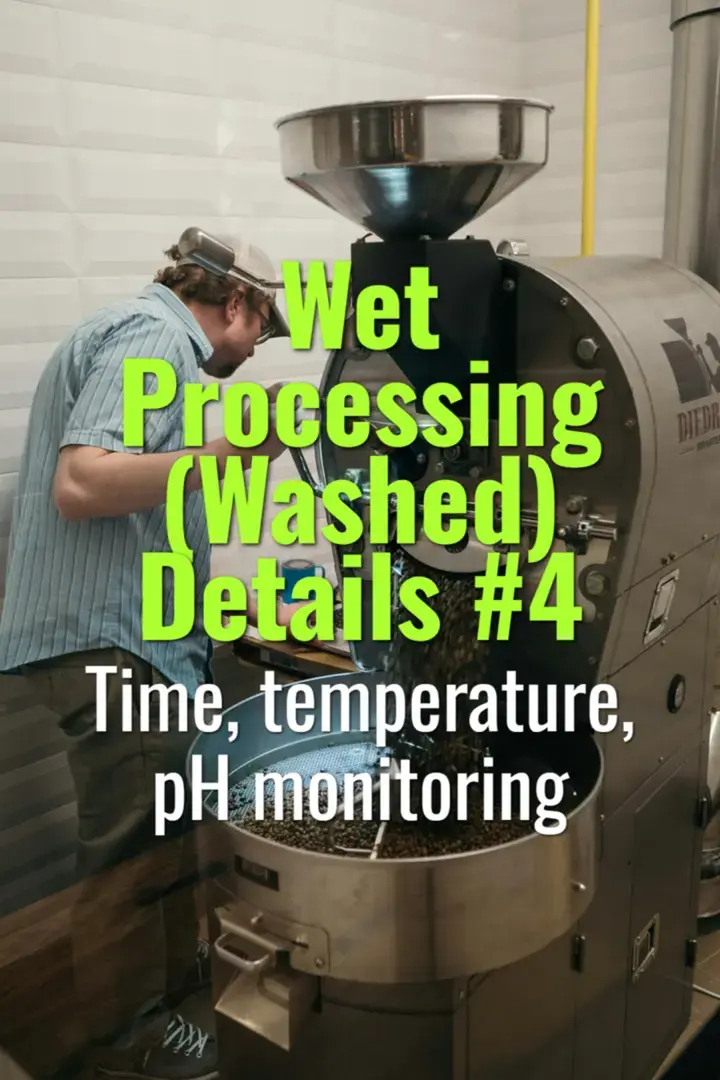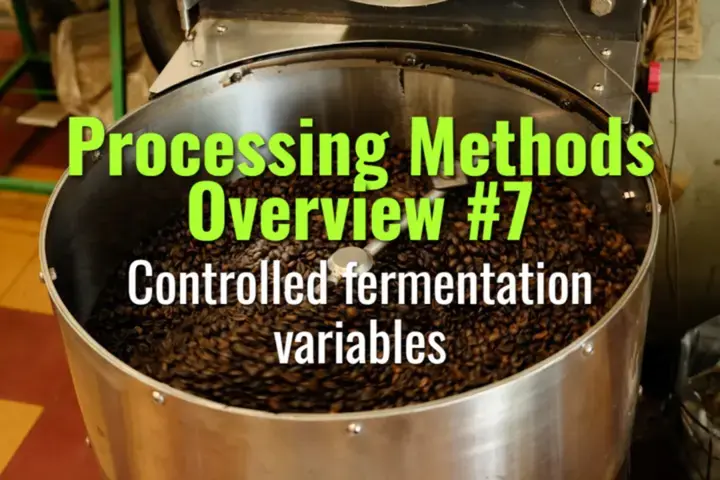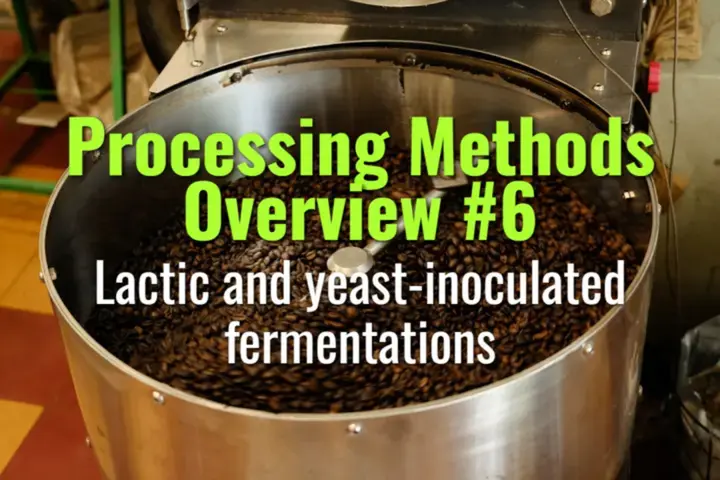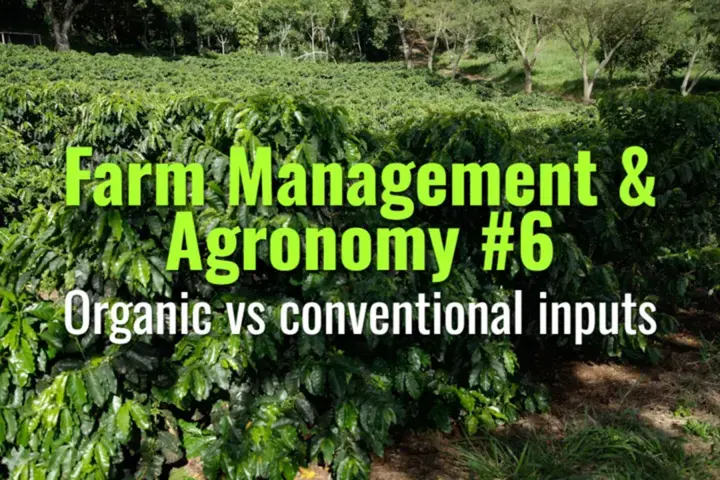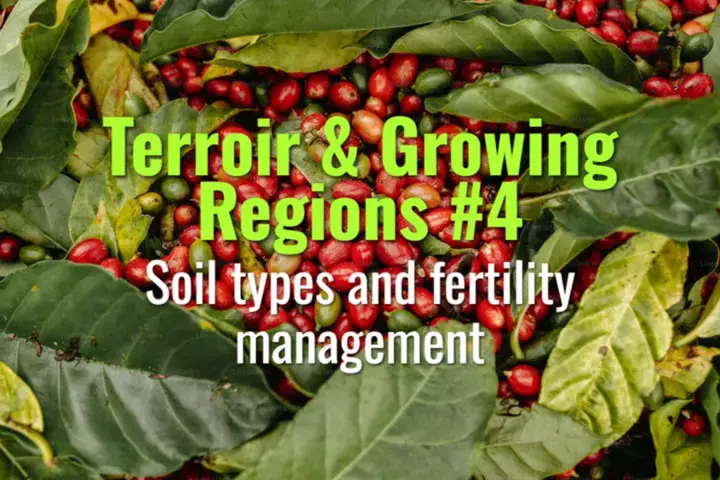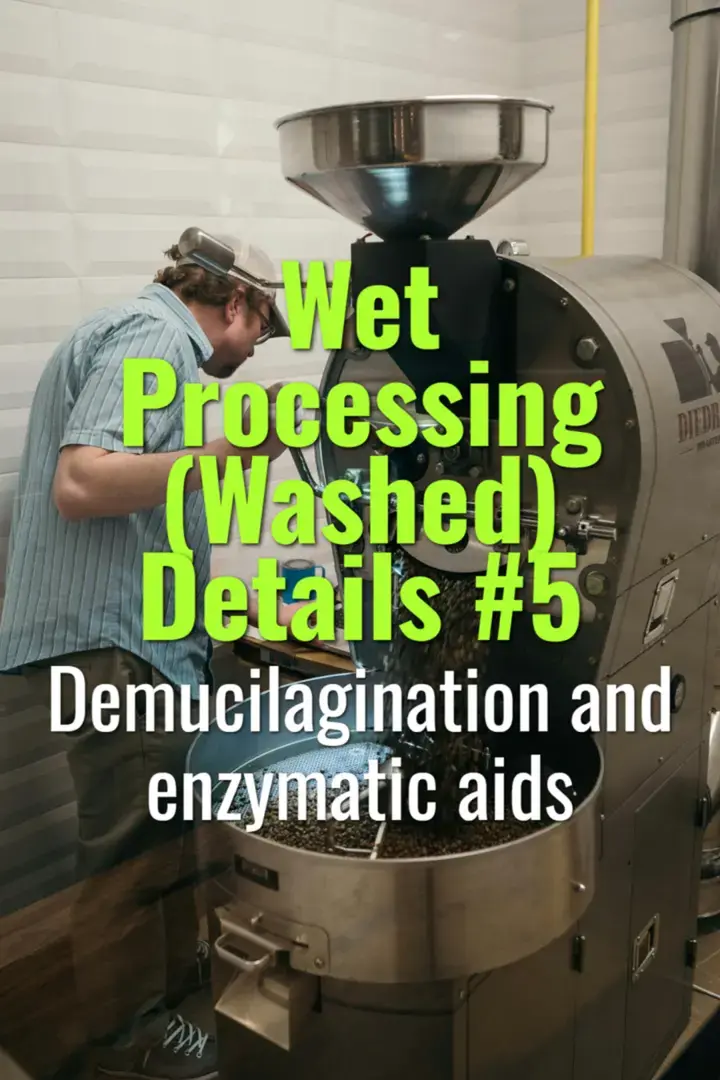
Demucilagination and enzymatic aids
This topic explains demucilagination—the removal of mucilage from coffee beans—through mechanical and enzymatic methods, comparing them with traditional fermentation and highlighting their impact on efficiency and flavor.
